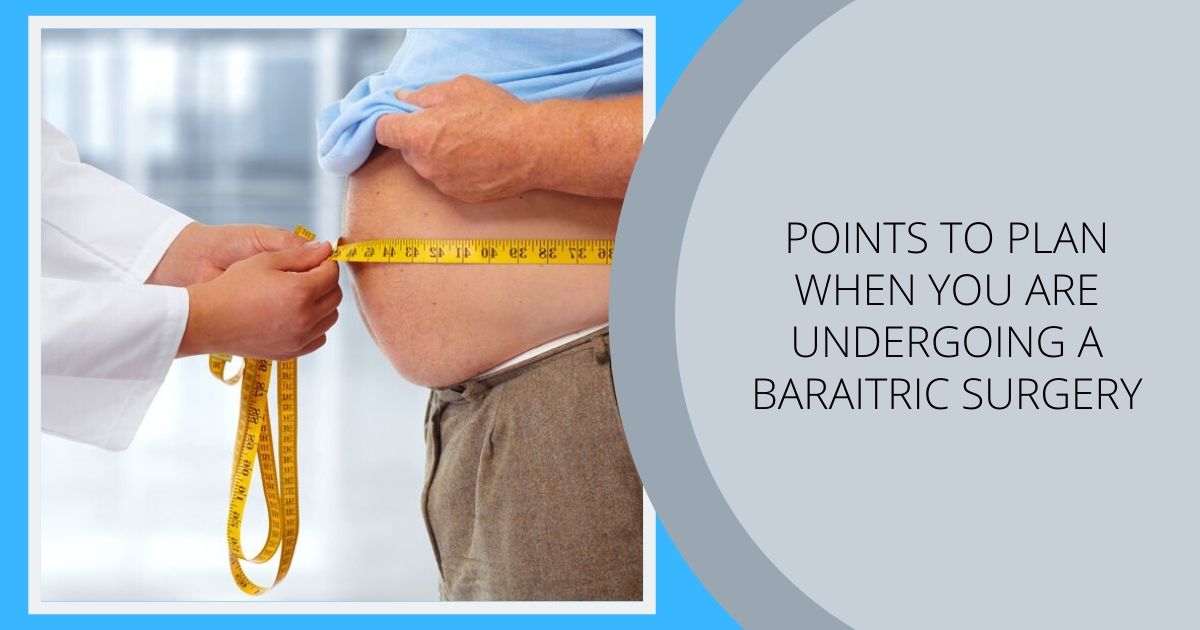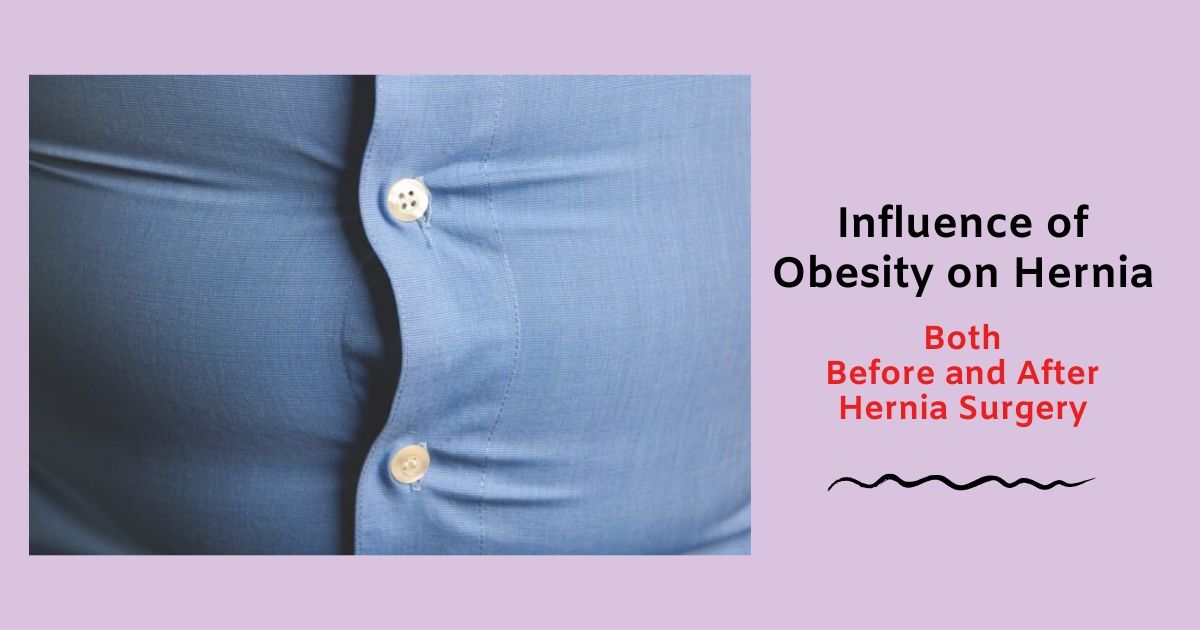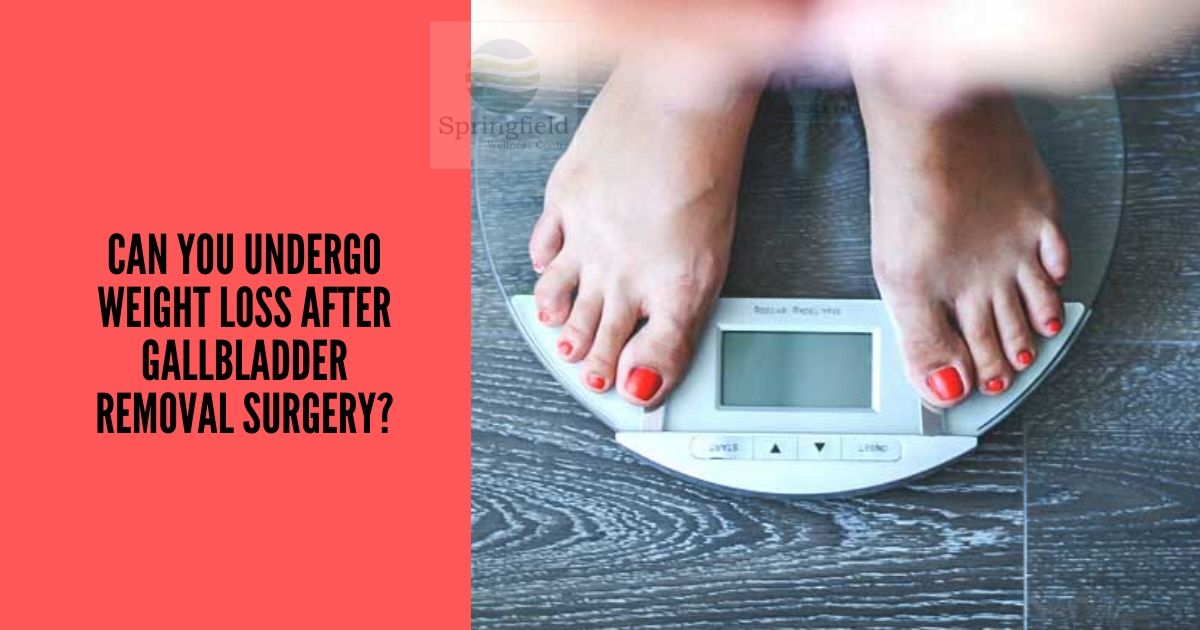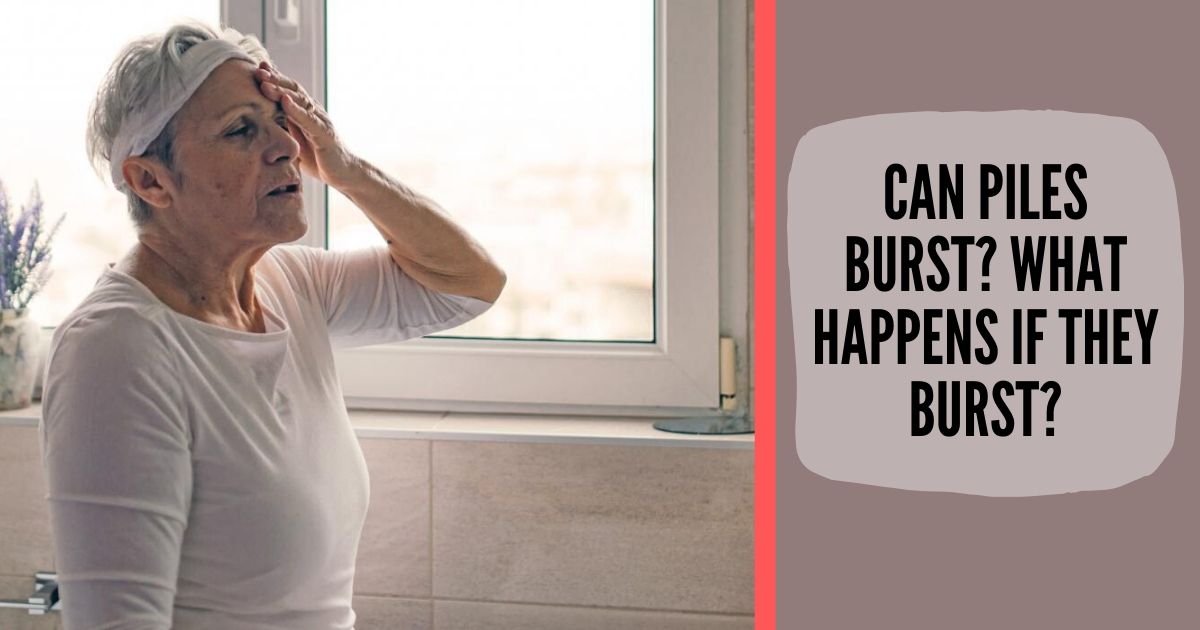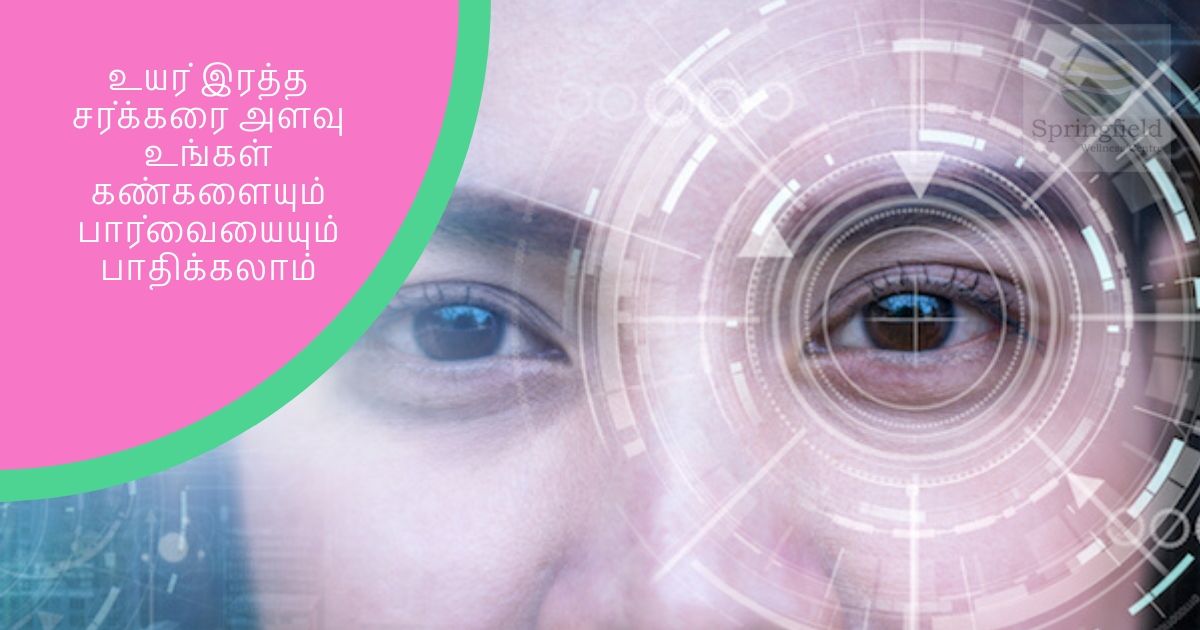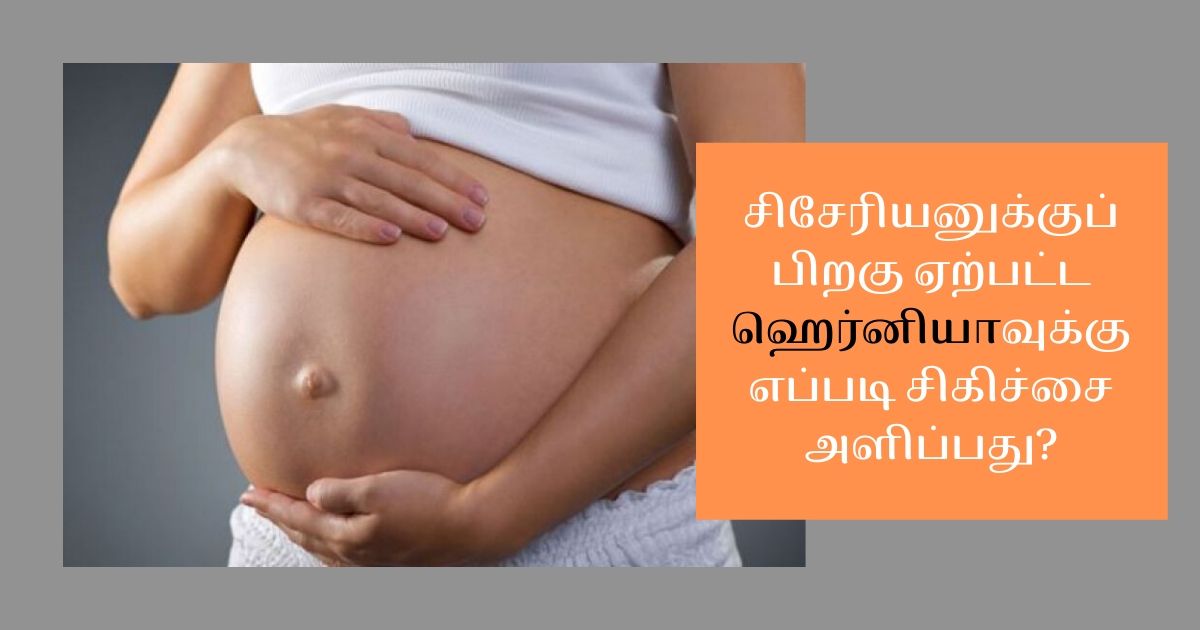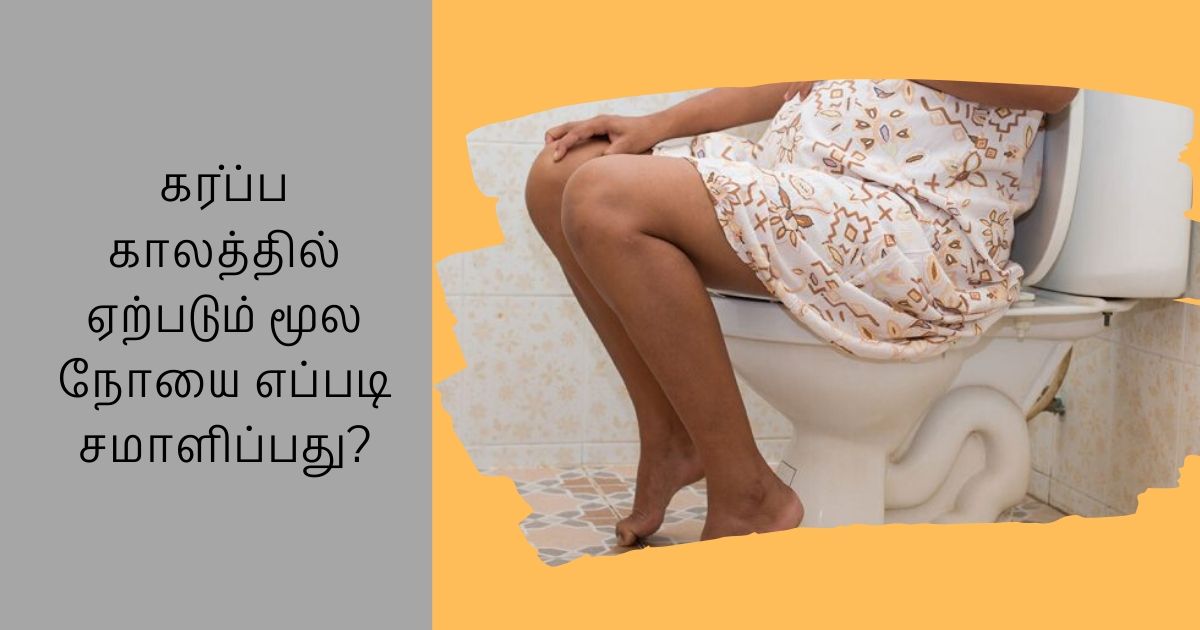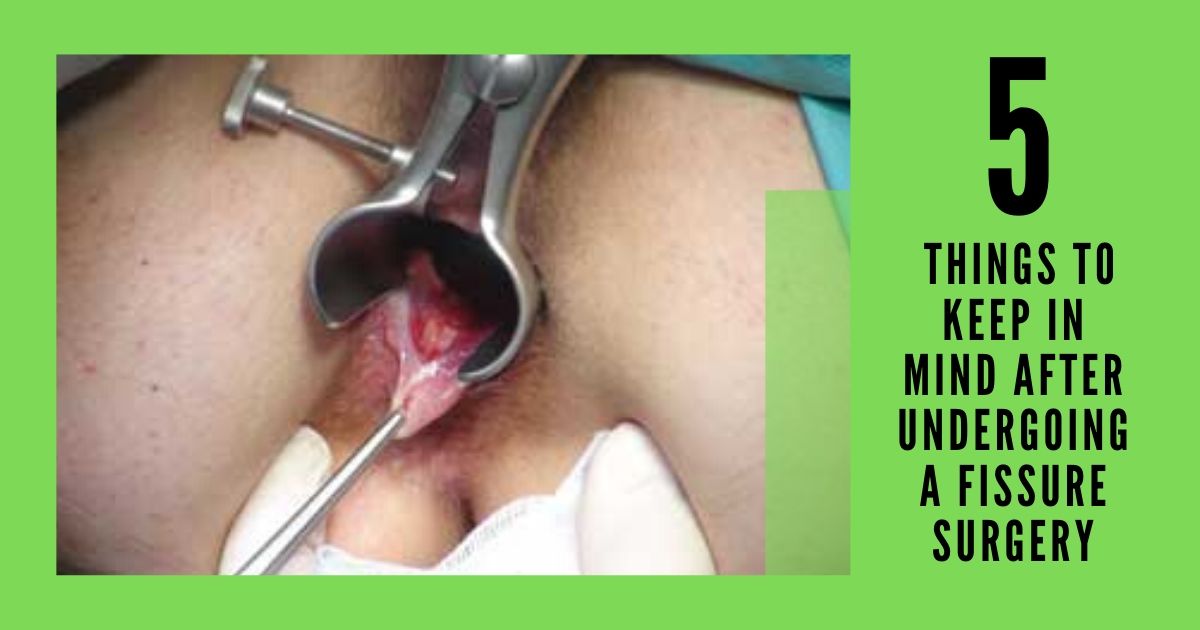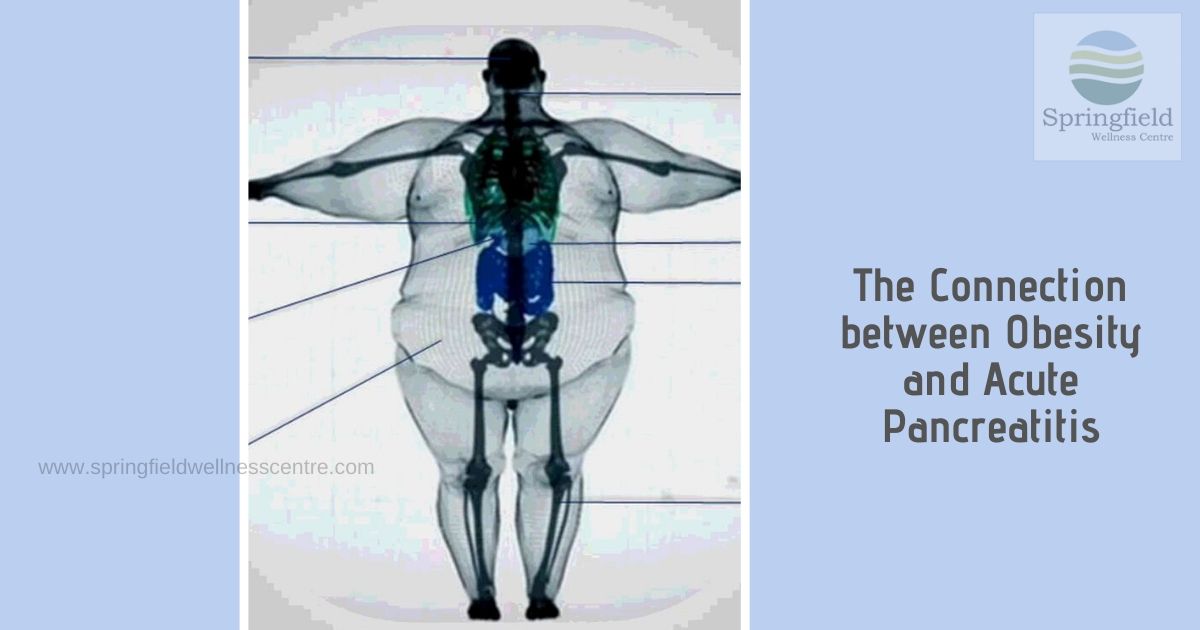Points to plan when you are undergoing a Bariatric Surgery
Bariatric surgeries are never done as emergency procedures. All bariatric surgeries are purely elective procedures. Elective surgeries are surgeries that are scheduled in advance because it does not involve any medical emergencies. Since these procedures are scheduled in advance, it gives patients time to prepare for the surgery. During this preparation period, you will be asked to make some lifestyle changes prior to the surgery. Both physical and mental wellbeing is required for bariatric surgery. In this blog, we are going to discuss a few points which can help you plan for bariatric surgery.

